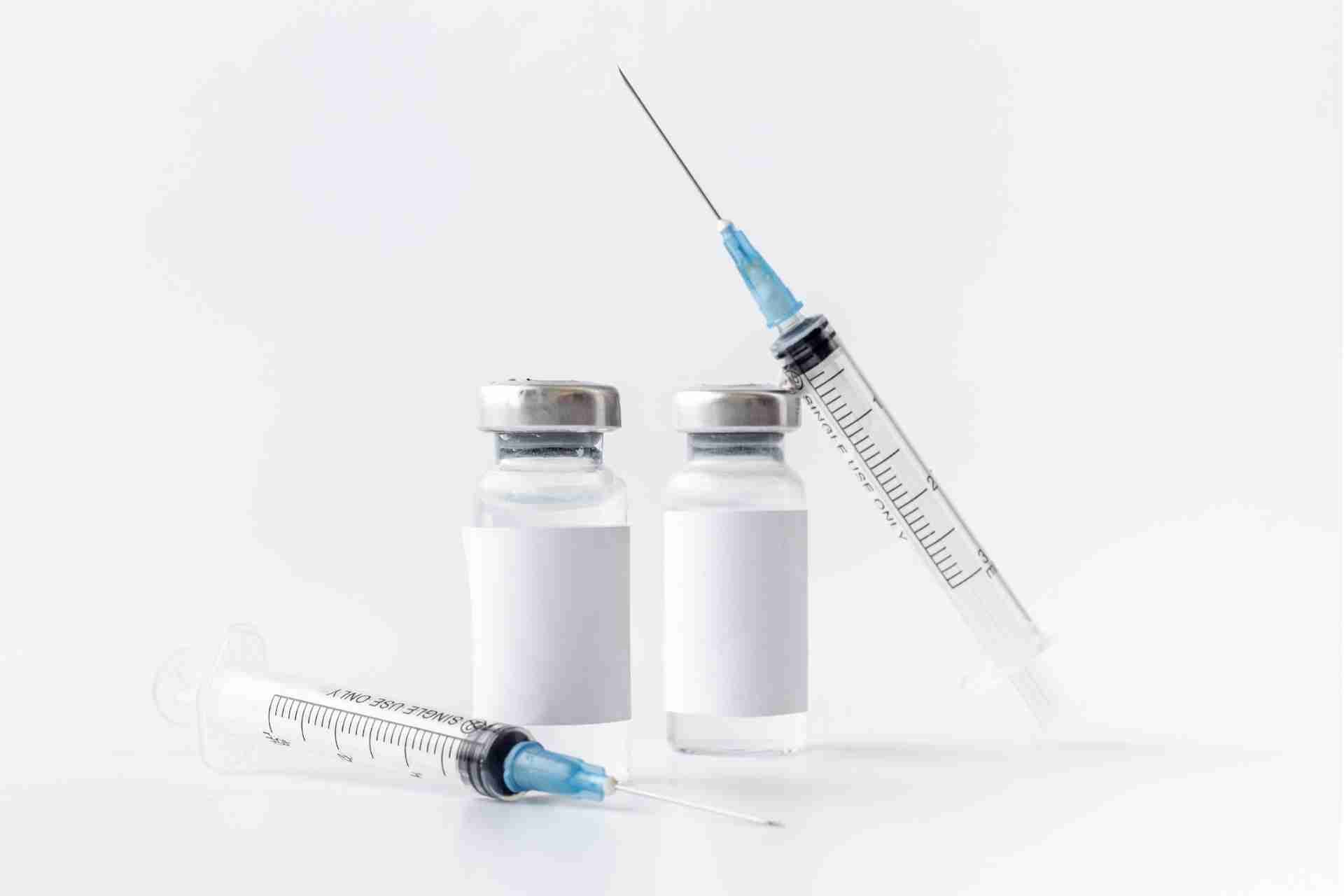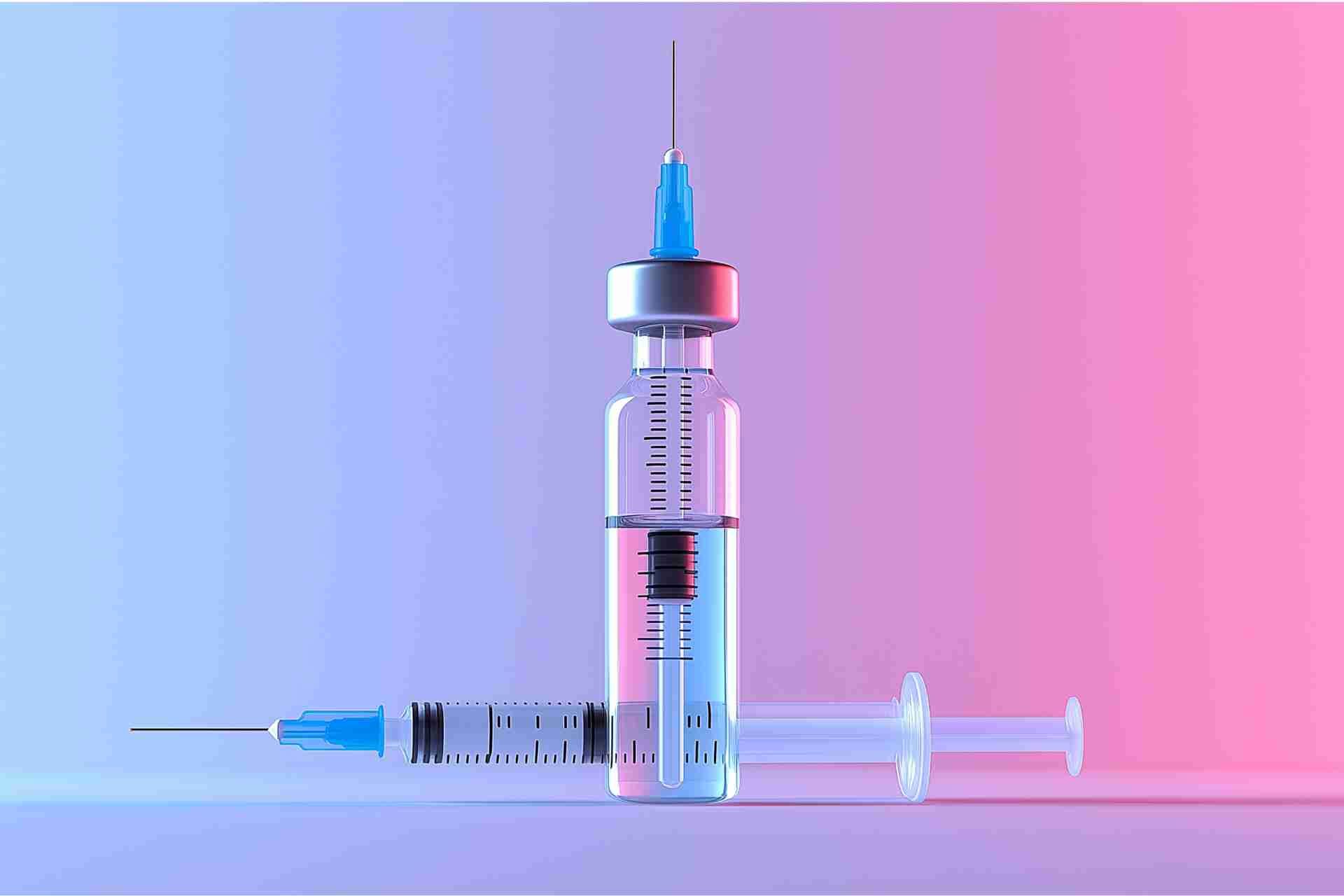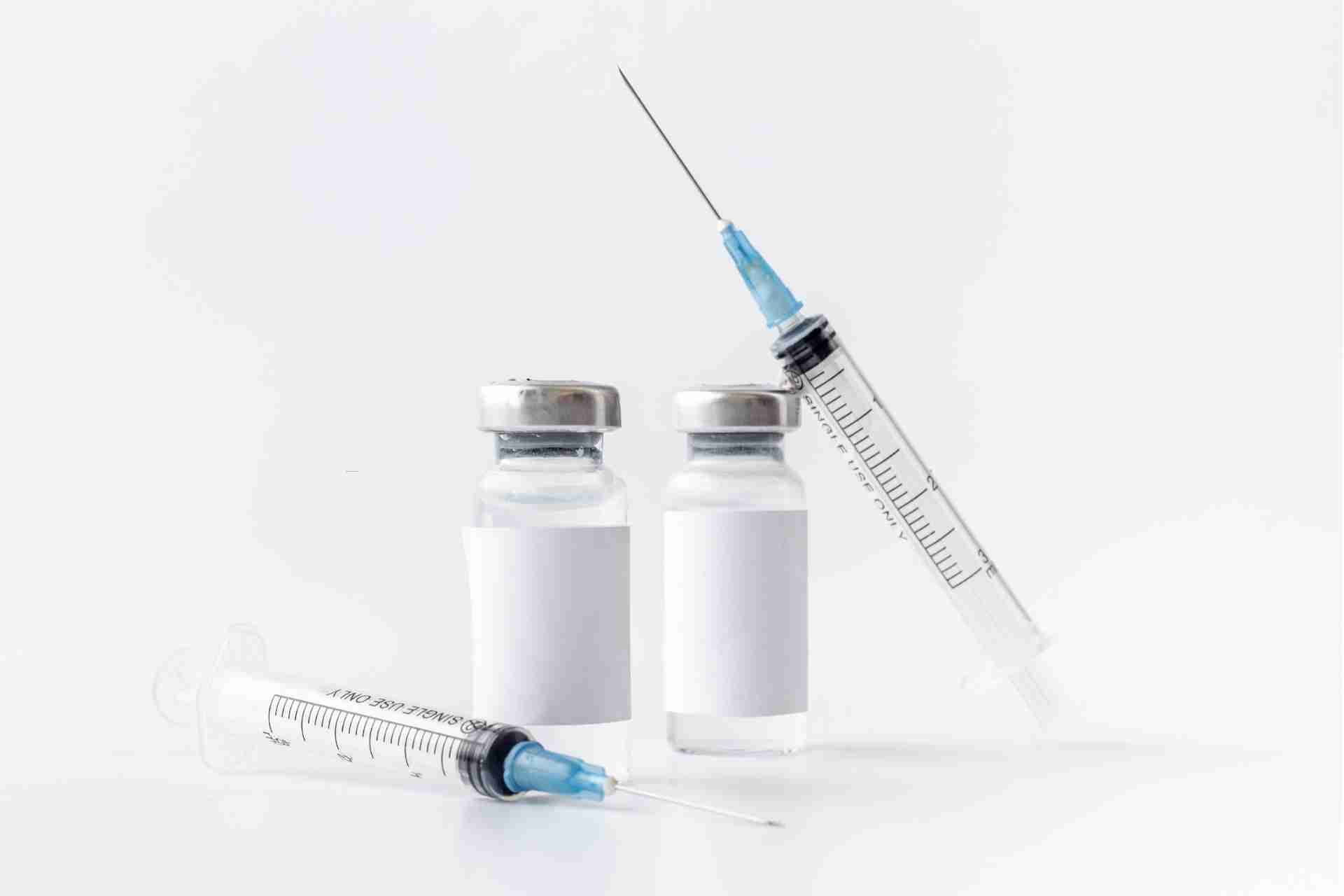What makes depression a horrible disorder?
Unveiling the Harsh Reality of Depression: Understanding its Devastating Impact
Depression is a mental health disorder that affects millions of individuals worldwide, yet its true nature and impact are often misunderstood. Beyond the occasional feelings of sadness or temporary low mood, depression is a complex condition that can have a profound and devastating effect on various aspects of a person's life. In this blog post, we will explore the intricate facets of depression and shed light on why it is considered a truly challenging and debilitating disorder.
Persistent Sadness and Emotional Turmoil
One of the defining characteristics of depression is a persistent feeling of sadness that lasts for an extended period. This sadness goes beyond the typical ups and downs of life and can become overwhelming and all-consuming. Individuals with depression often experience emotional turmoil, including feelings of hopelessness, despair, emptiness, and a pervasive sense of sadness that lingers despite their best efforts.
Impaired Cognitive Functioning
Depression can severely impact cognitive functioning, affecting concentration, memory, decision-making, and overall mental clarity. Individuals with depression often struggle with foggy thinking, difficulty making decisions, and a diminished ability to concentrate on tasks. This cognitive impairment can hinder daily functioning, work performance, and academic achievement, amplifying the challenges faced by those with depression.
Loss of Interest and Pleasure
Anhedonia, the loss of interest and pleasure in activities once enjoyed, is a common symptom of depression. Hobbies, social interactions, and previously cherished activities may no longer bring joy or fulfillment. This loss of interest can lead to a sense of isolation, as individuals may withdraw from social engagements and gradually disconnect from the things that once gave them happiness.
Physical Symptoms and Fatigue
Depression is not solely an emotional or psychological disorder; it can also manifest physically. Individuals with depression often experience a range of physical symptoms such as chronic fatigue, sleep disturbances (either insomnia or excessive sleep), changes in appetite, unexplained aches and pains, and digestive issues. These physical symptoms further compound the challenges faced by individuals and contribute to a decreased quality of life.
Negative Impact on Relationships
Depression can strain relationships and have a profound impact on personal connections. The emotional and psychological weight of depression can make it challenging for individuals to engage in meaningful and fulfilling relationships. Feelings of guilt, shame, irritability, and emotional withdrawal can strain relationships with family, friends, and romantic partners. The constant struggle and emotional burden of depression can create a cycle of isolation and further exacerbate the disorder.
Occupational and Academic Challenges
Depression significantly impacts occupational and academic functioning. Individuals with depression may struggle to perform well at work or school due to difficulties with concentration, low motivation, decreased productivity, and frequent absenteeism. This can lead to financial strain, professional setbacks, and a sense of inadequacy or failure, perpetuating the cycle of depression.
Increased Risk of Self-harm and Suicide
Perhaps one of the most devastating aspects of depression is its association with an increased risk of self-harm and suicide. The intense emotional pain, hopelessness, and despair experienced by individuals with depression can lead to suicidal thoughts or attempts. It is crucial to recognize the severity of this aspect of depression and ensure that individuals receive appropriate support, care, and access to mental health resources.
Conclusion
Depression is a complex and debilitating disorder that affects countless individuals worldwide. Its impact extends far beyond fleeting sadness, severely affecting emotional well-being, cognitive functioning, relationships, occupational performance, and overall quality of life. Acknowledging the harsh reality of depression is essential for understanding the depth of its impact and the urgent need for compassionate support, effective treatment options, and destigmatization of mental health issues. By fostering empathy, awareness, and accessible mental health services, we can collectively work towards a society that supports individuals battling depression and strives to improve their lives.










